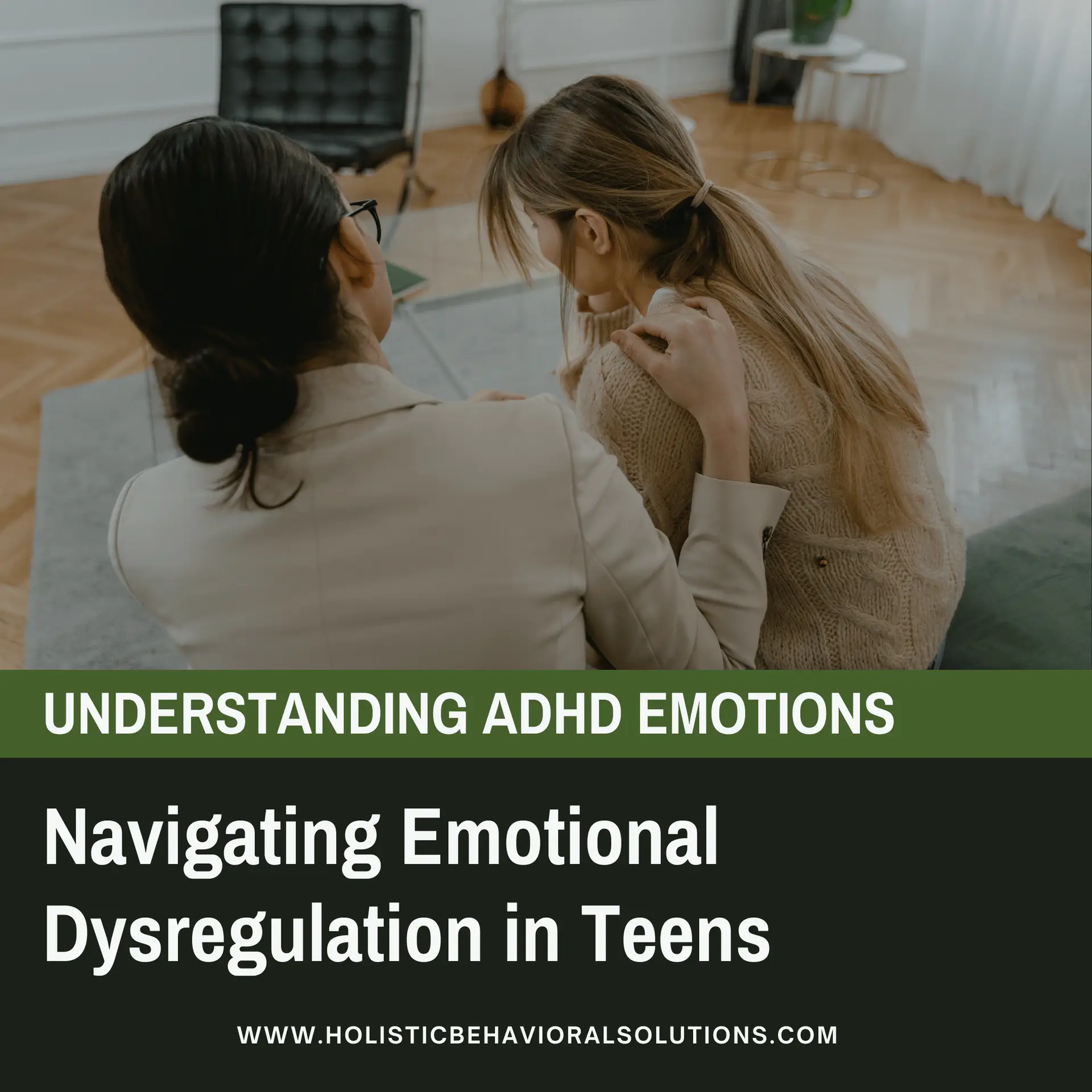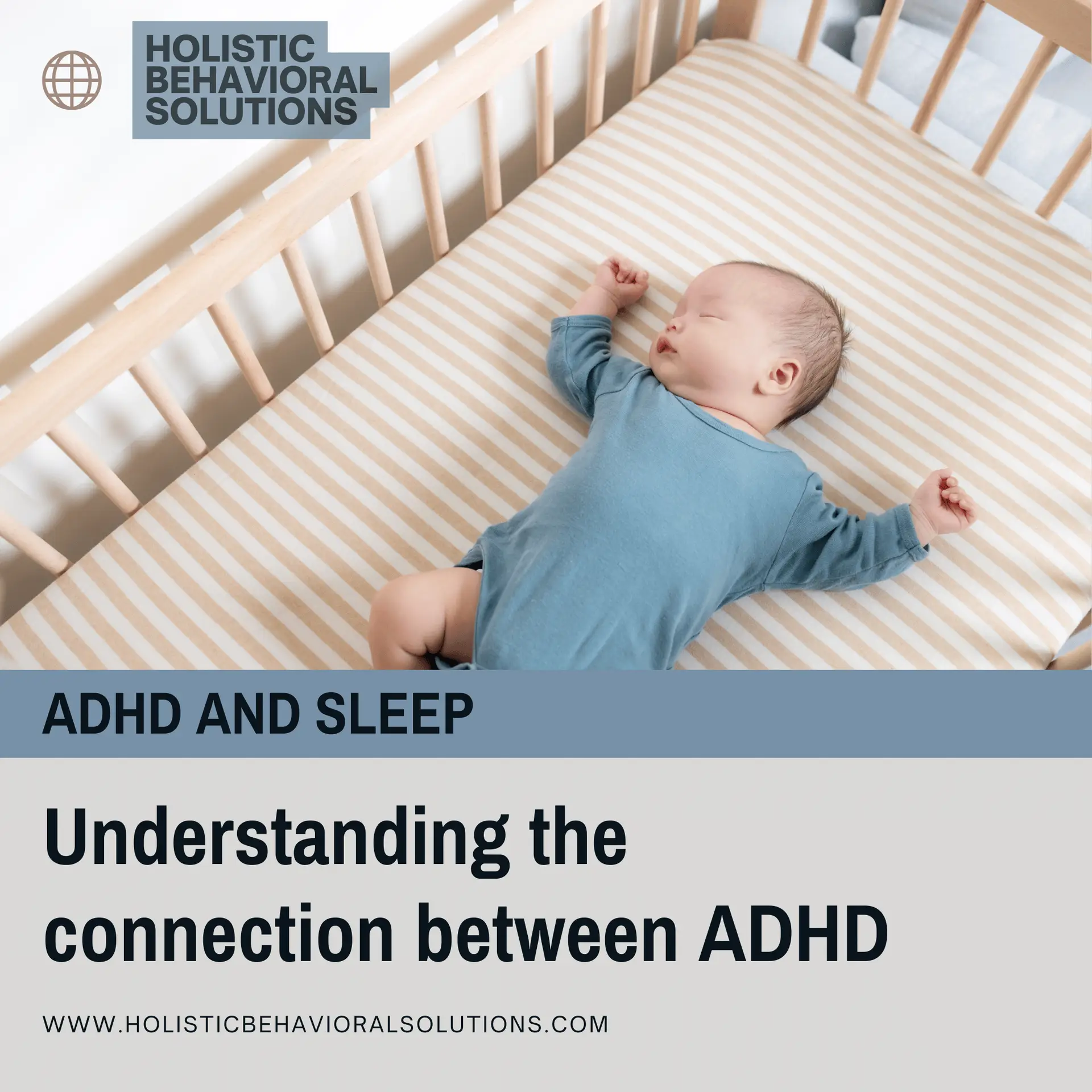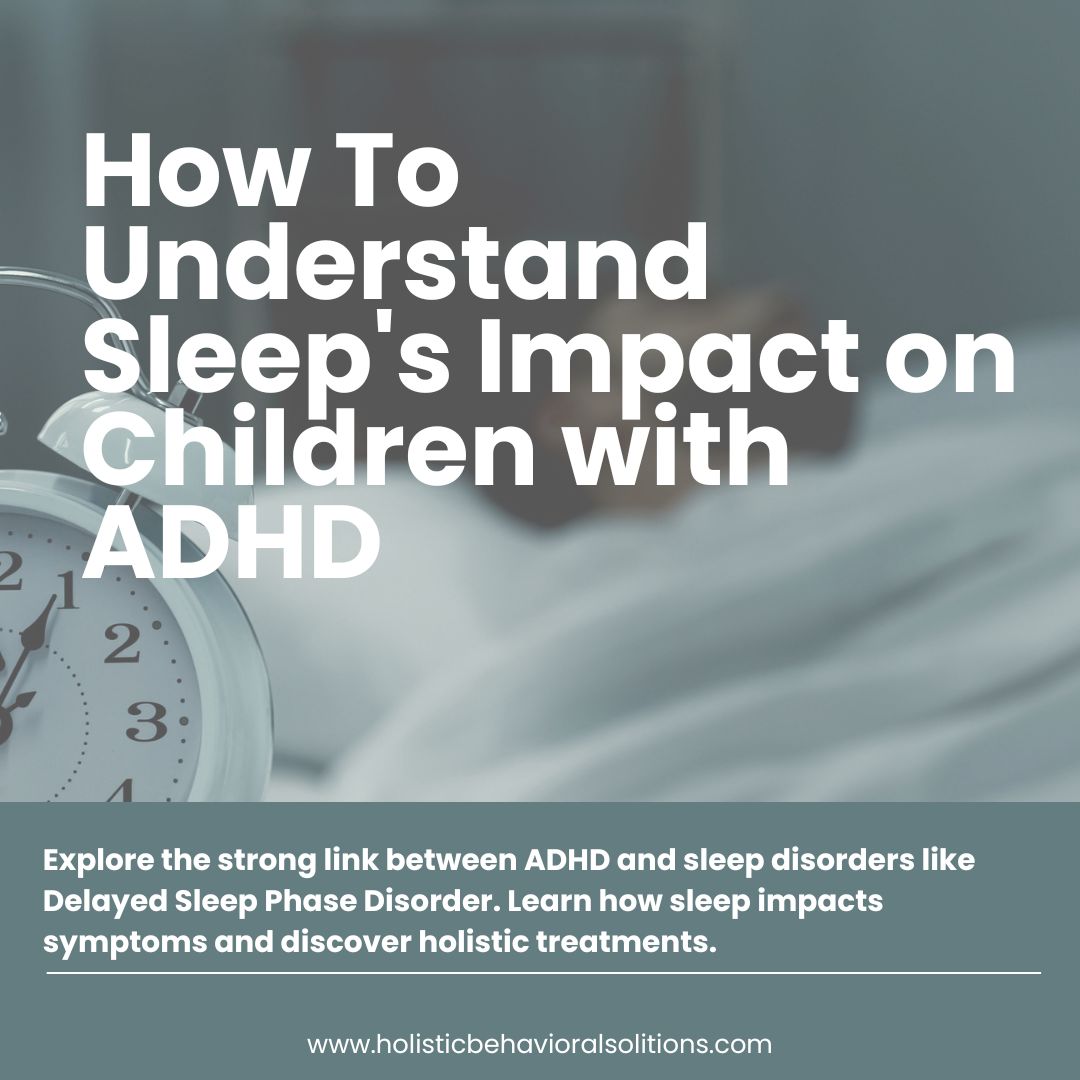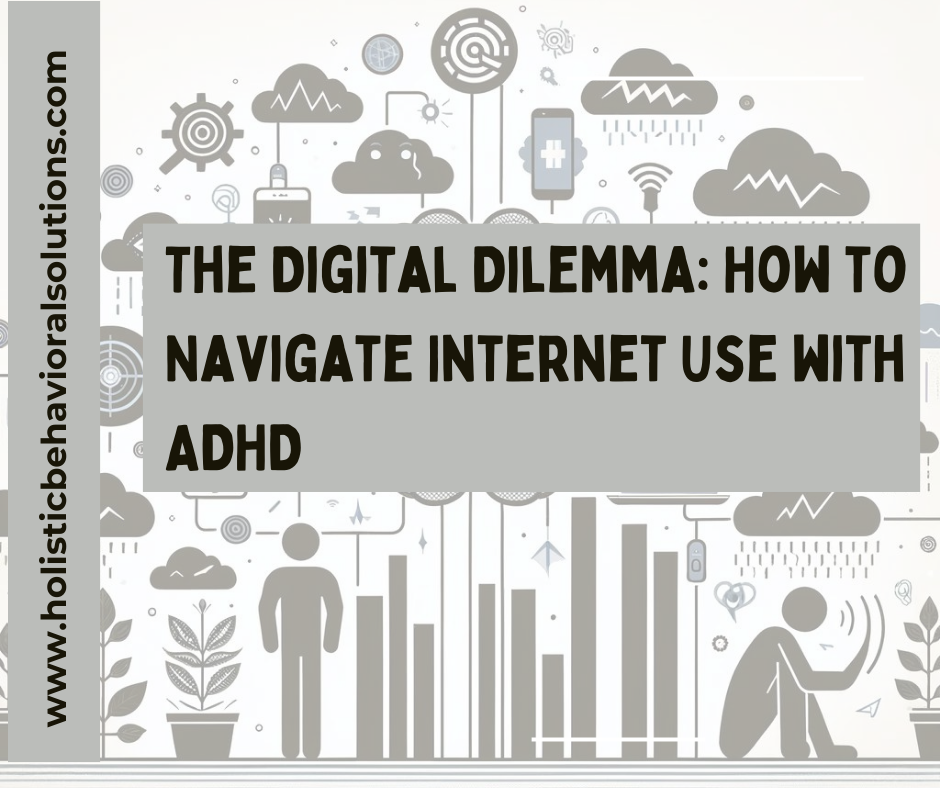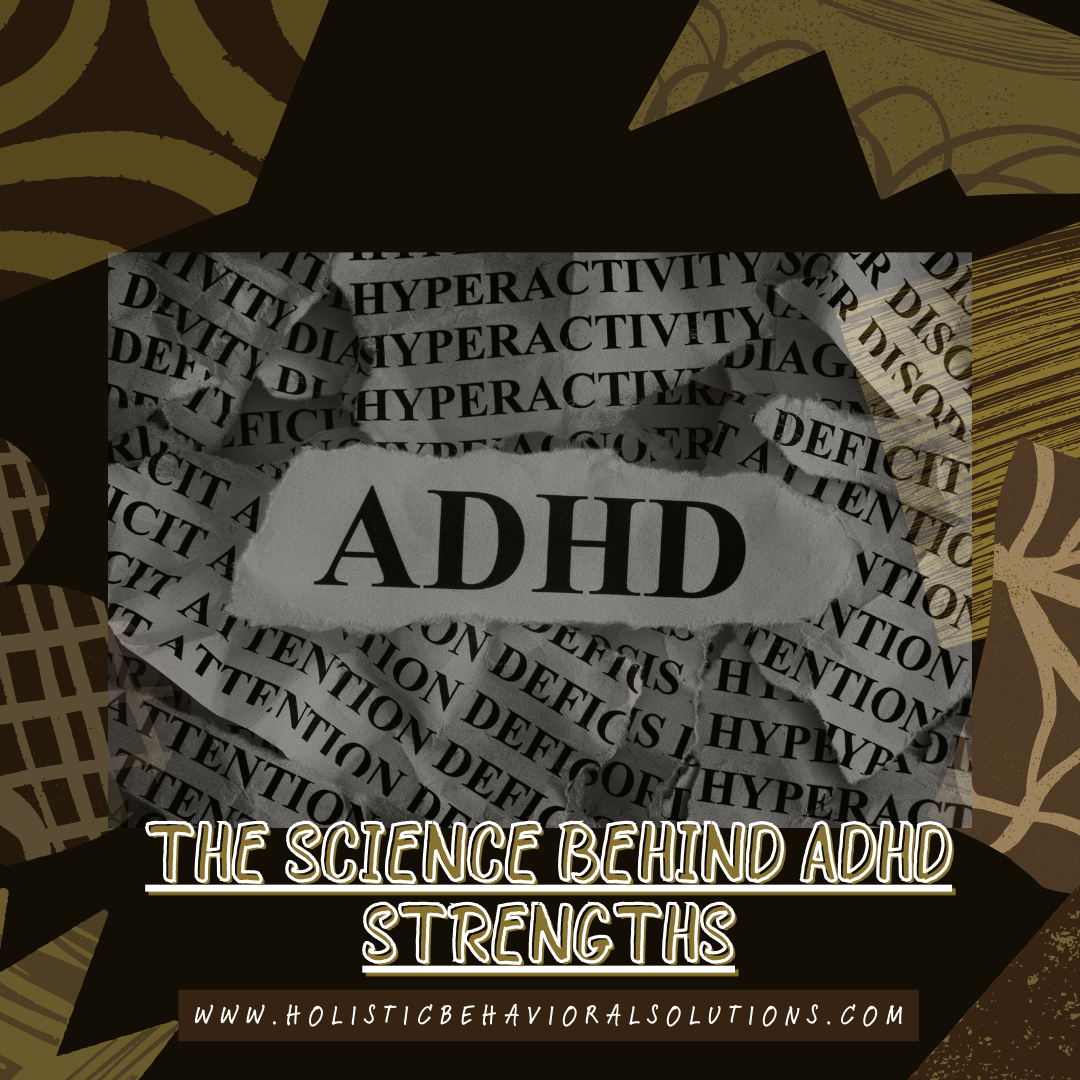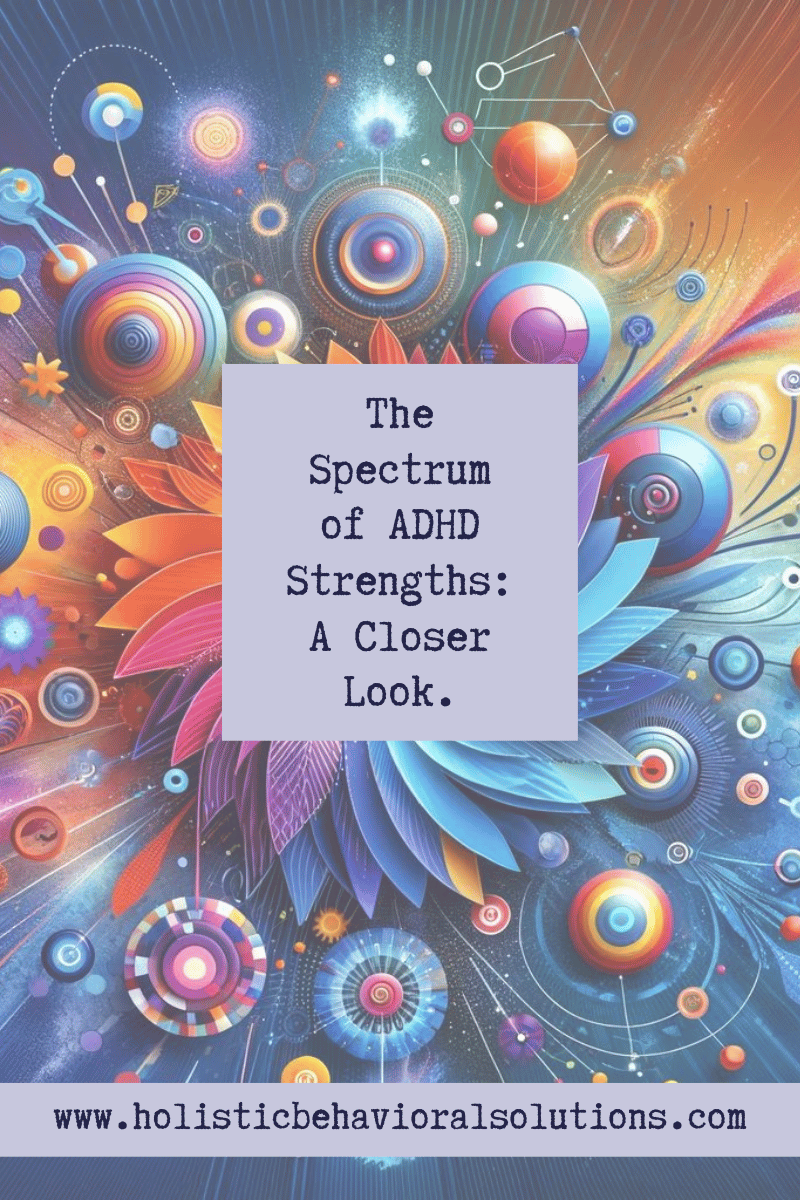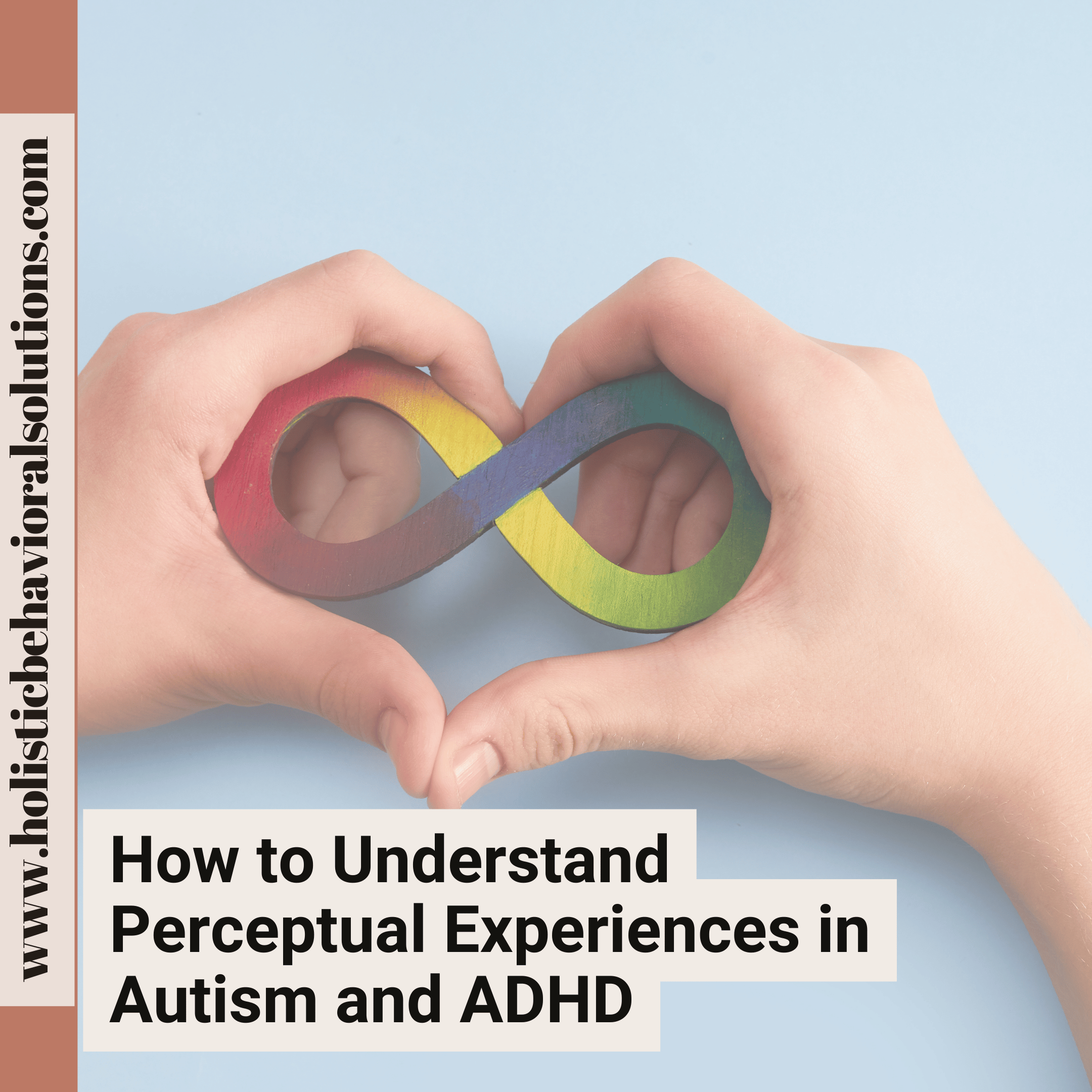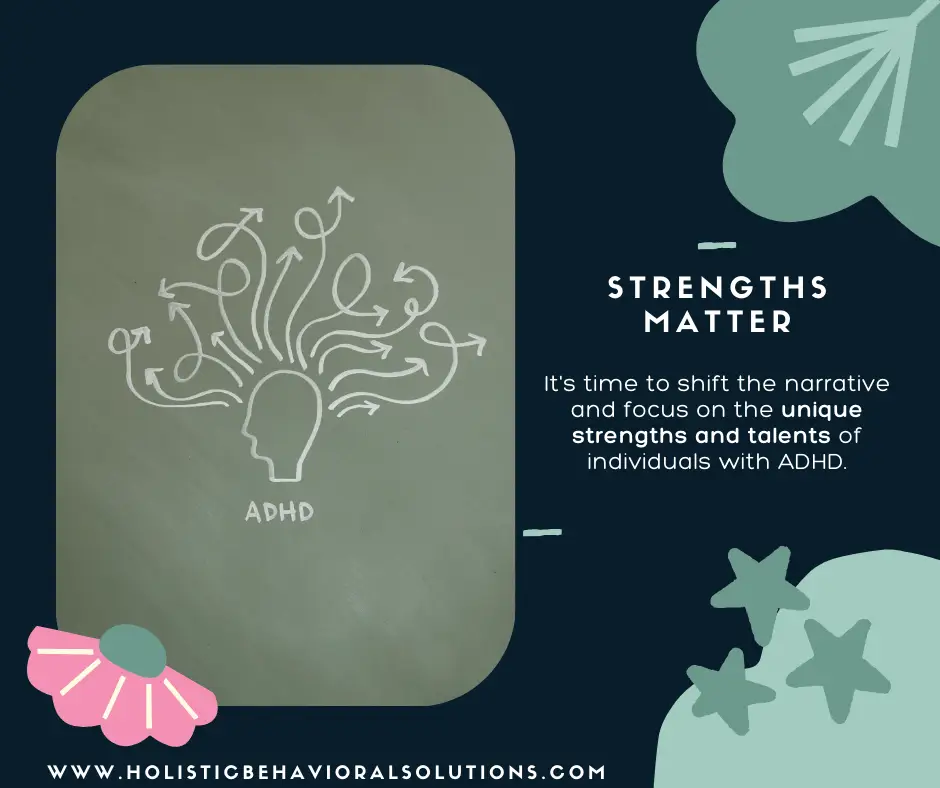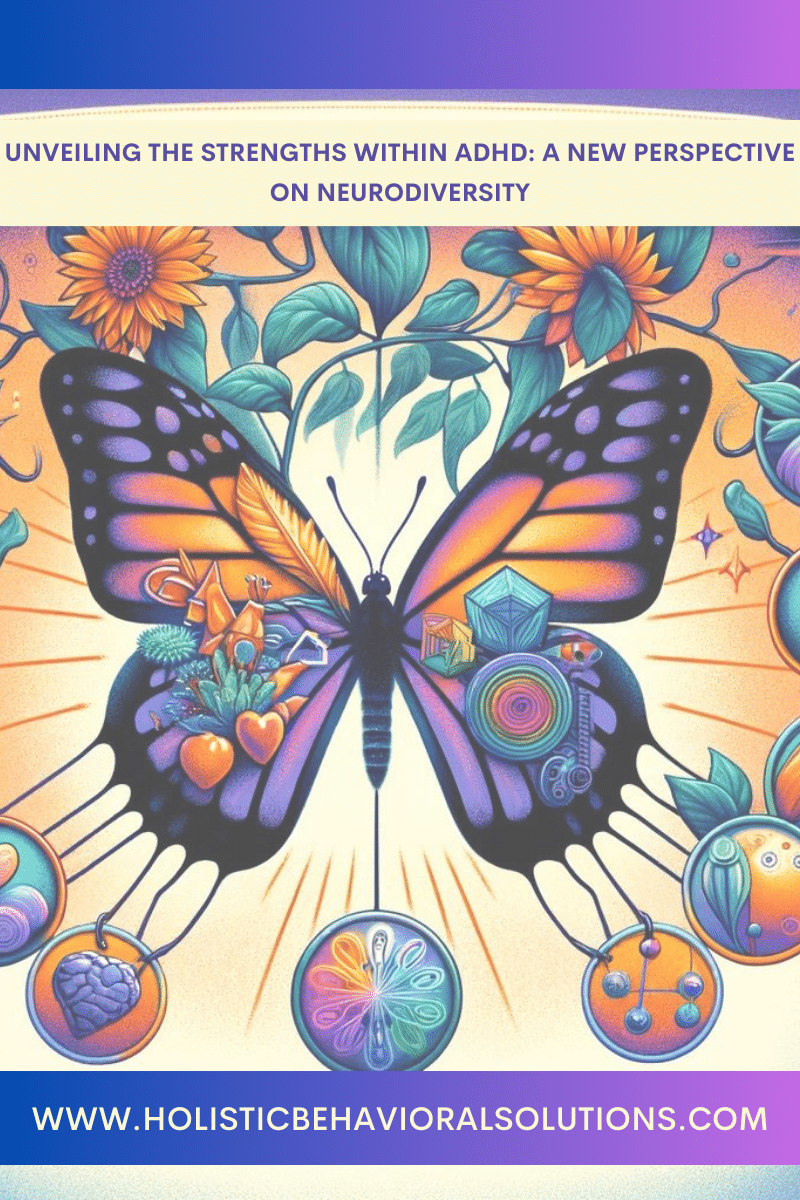The landscape of ADHD research and understanding began to shift with the advent of positive psychology. This branch of psychology, founded by figures such as Martin Seligman, focuses on what makes life worth living and how individuals can flourish despite challenges. Applied to ADHD, positive psychology encourages a more holistic view of the condition, recognizing that alongside the well-documented challenges, there are also inherent strengths and talents.
This strength-based approach seeks to balance the paradigm, advocating for a more comprehensive understanding of ADHD that includes the potential for creativity, hyperfocus, resilience, and dynamic problem-solving abilities often found in individuals with ADHD. By focusing on these strengths, the aim is to empower individuals with ADHD to leverage their unique skills and perspectives, contributing positively to their lives and society.
Positive Psychology and ADHD
